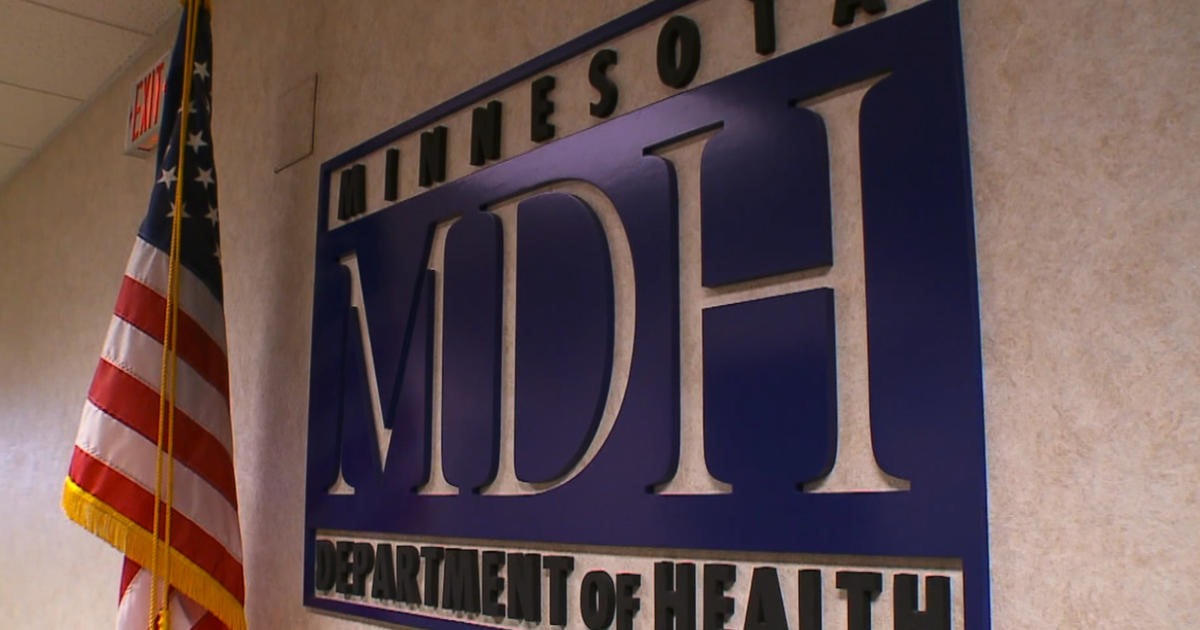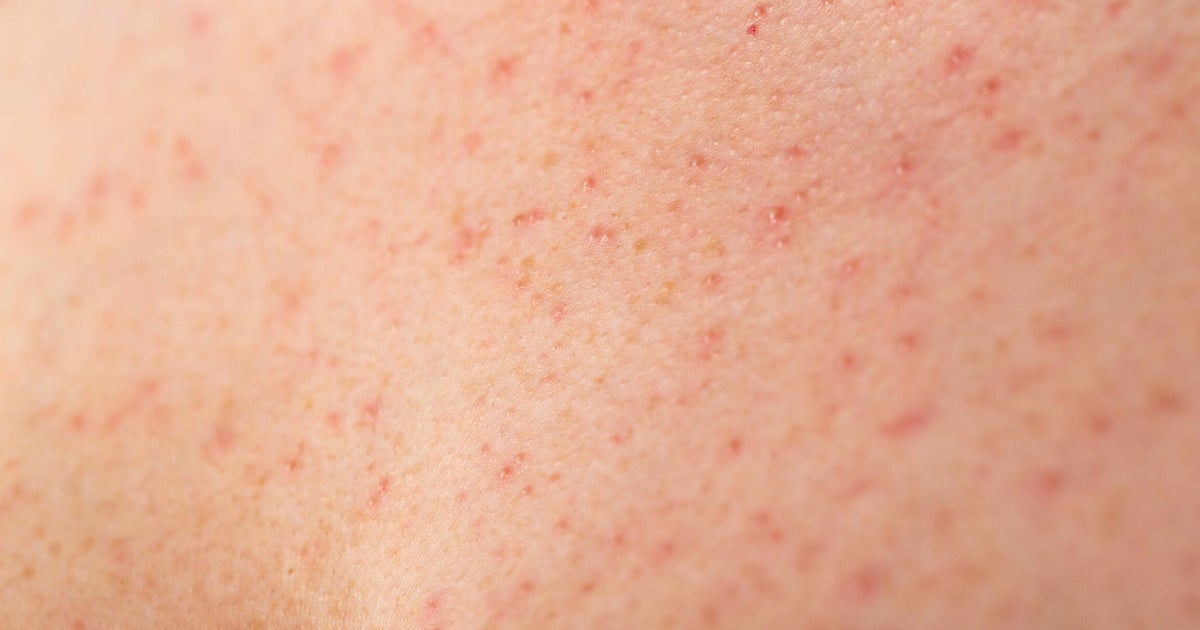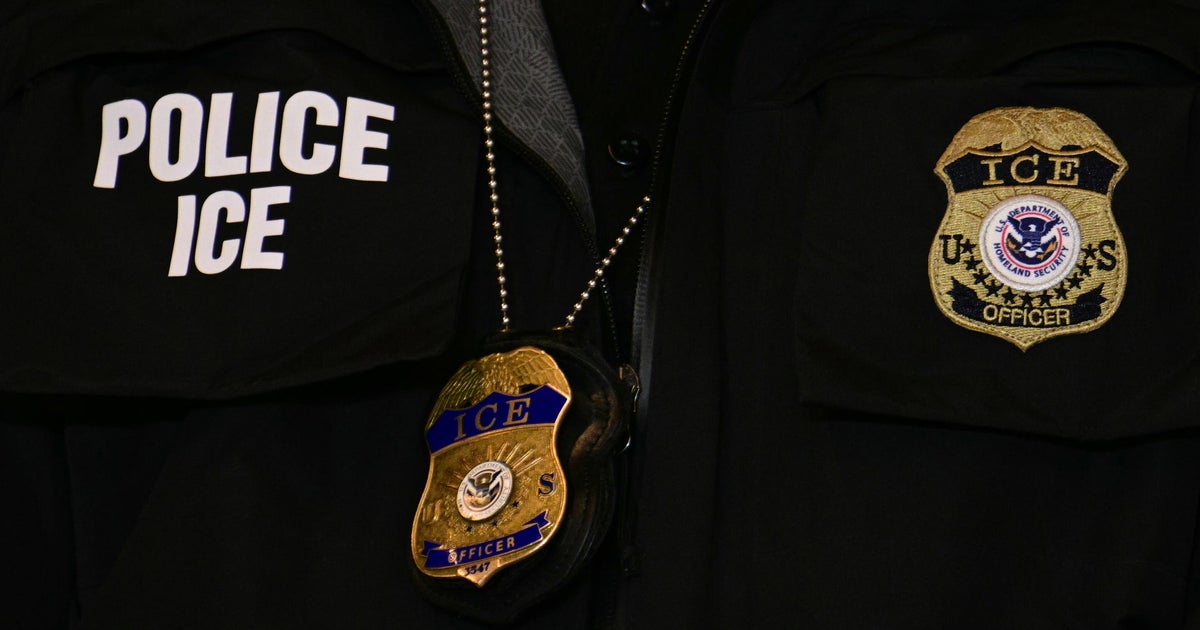How long will the coronavirus outbreak last in the United States?
President Trump said on Wednesday that the U.S. will overcome the coronavirus outbreak "quickly." Asked how the White House defines "quickly," Dr. Deborah Birx, the response coordinator for the Coronavirus Task Force, said, "If our profile looks like China, we believe that that is very quickly, but we are evaluating every single country and the data coming from that country."
Speaking on "CBS This Morning" Thursday, Birx said the task force is "encouraged by the recent reports from China of no new cases" and is watching to see if people going back to work in China impacts the spread of the virus.
Cases in China peaked in mid-February, according to data analyzed by The New York Times. Birx said experts know that other respiratory diseases have a peak and often fall off during the summer months, but the task force is planning beyond that.
"We're tracking very carefully about what would happen if it came back in the fall or came back in the fall after that," she said. "It's a long — just a today vision, a tomorrow vision, but also a 90-day vision, a fall vision and a fall 2021 vision to make sure we're following everything."
Birx also said what they have learned from other countries is that the main way to reduce the number of coronavirus cases is by social distancing, or limiting contact with other people.
"In every other country where the peak came and the cases declined, it was because every single person in that country followed the guidelines that our president has put out. These guidelines are extraordinarily important. It's about social distancing, it's about washing your hands, it's about ensuring that you're protecting yourself and protecting others. It's not about partying on beaches during spring break," she said, referencing reports of people flooding Florida beaches this week before they were closed.
A concern Birx has it the "rapidness of getting our own data."
"I think we need to see 100% of the cases," she said. "We're asking every hospital, every clinic to report both the testing results and their outcomes."
The U.S. has reported more than 10,700 coronavirus cases. The new number is coming from the "backlog" in the testing, Birx said, cautioning Americans not to be alarmed by the rapid increase.
"What happened with the testing before we could get the high-speed laboratory commercial labs up and running is there was a backlog," she said. "As those get run, our number of new cases will dramatically increase because they're not daily cases. They're cases that are from the last few days. Once we get through the backlog, we'll be able to tell you precisely how many tests are negative, how many are positive, and with this new reporting requirement, it will be accurate."



